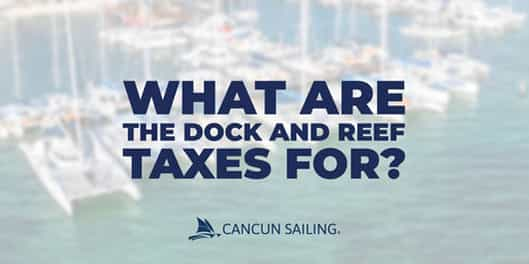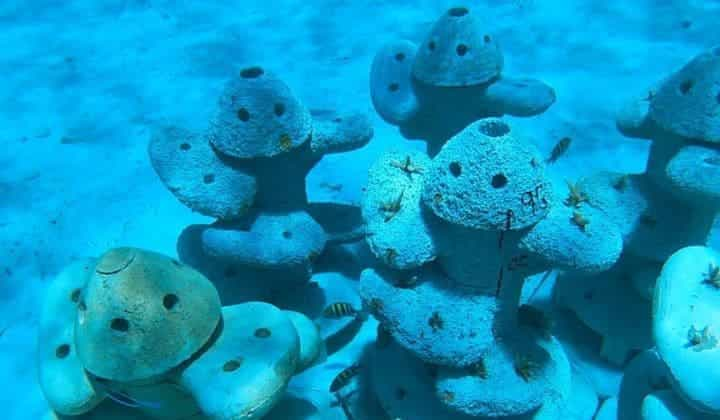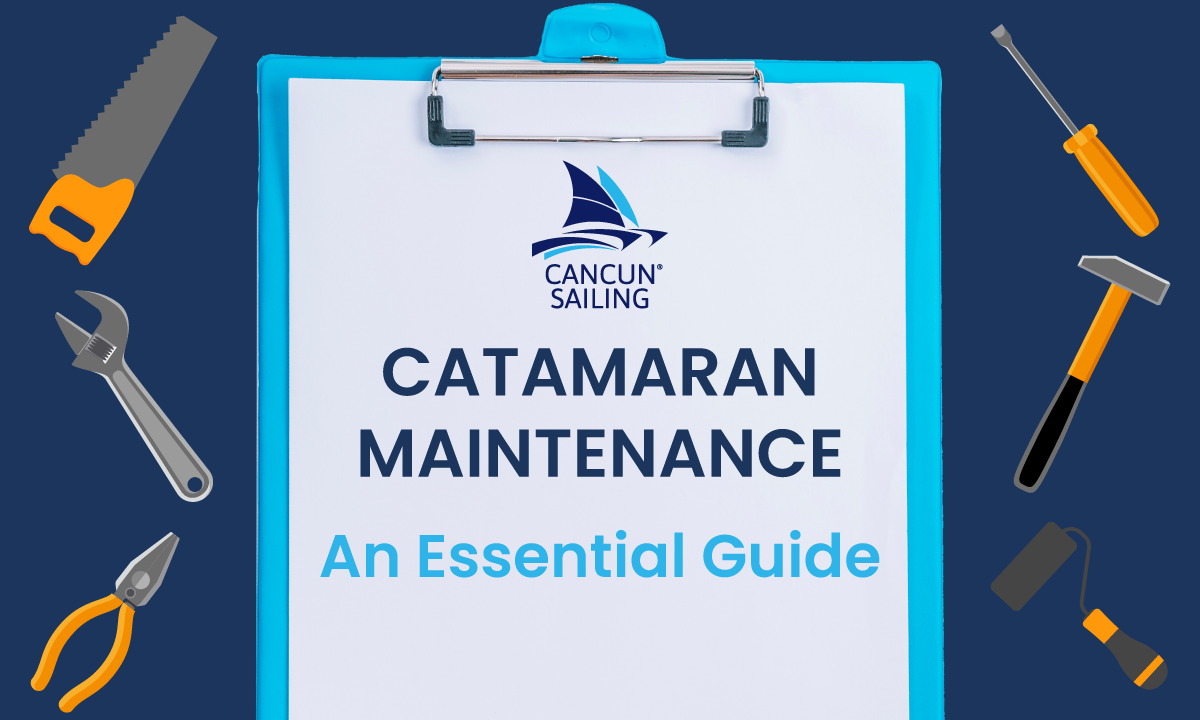17 Best things to do in Cancun with kids
Don't know what to do in Cancun with kids?, discover these 17 activities and places for kids in Cancun, ideal for all families and budgets.
2 min read
 Giovanna Ricalde
:
Sep 22, 2022 3:19:55 PM
Giovanna Ricalde
:
Sep 22, 2022 3:19:55 PM

If you bought a tour in the Mexican Caribbean, chances are you have to pay a dock tax. You're not the only one! Find out how much you have to pay and what it's for.
When you come to Mexico to spend your vacation, specifically in the Caribbean, you likely decide to do activities related to the sea, boats, or reefs. However, when you buy the tour, you notice that, on your bill, you are being charged a concept called “dock and reef tax.”
Don't worry! This is not a shady payment or a scam to exploit visitors. All official and established companies have to pay for it.
The government levies these taxes on tourism businesses (and therefore on visitors to these businesses), and they are mandatory. In short, these taxes are used to maintain our beaches, natural parks, reefs, and infrastructure such as docks and marinas in good condition.
The dock and reef tax is charged and costs $20 USD per person.
By paying these taxes, you can be sure that you are using the services of a company that cares about the care of marinas, docks, beaches, and reefs. Now, let's see in detail what each of these taxes consists of 👀.
The dock tax is used to maintain harbors and beaches in good condition. The money collected with this tax goes towards maintaining the infrastructure of docks, marinas, and public areas on the beaches and creating preventive measures.
Some tasks performed as a result of this tax include:
Repairs and preventive works in marinas and docks due to daily use and natural disasters such as hurricanes and storms.
Inspect tour operators (or tour companies) to ensure they comply with visitor safety and environmental standards and recommendations.
Construction of larger wastewater treatment plants to cope with many tourists.
 The dock was destroyed after the passage of a hurricane. Photo: La razón de México
The dock was destroyed after the passage of a hurricane. Photo: La razón de México
The reef tax purpose is to finance reef and beach conservation projects. The money collected from the reef tax goes, for the most part, to a Coastal Zone Integral Management Trust.

The money from the reef tax goes to the trust fund, which in turn is used to purchase parametric insurance that will protect the reefs and beaches after damage caused by:
Winds push the sea towards the land and carry the sand away. To deal with this, beach restoration work is required.
Coral reefs are damaged by having to withstand tidal pressure.
Physical damage from touching corals and marine fauna.
Cultivation and care of corals.
Financing of scientific studies.
Construction of artificial islands for mooring boats to prevent them from colliding with the reef or damaging it with their anchors.
 Coral production and planting project by INAPESCA in the Mesoamerican Reef.
Coral production and planting project by INAPESCA in the Mesoamerican Reef.
⚠️ Remember!
The government collects Dock and reef taxes, meaning Cancun Sailing does not receive or keep this money.

So, if you find this fee on your bill, you can rest assured that your money is going towards the good, beauty, and health of the marine ecosystem and the maintenance of the nautical facilities to enjoy this destination for many years to come.

Don't know what to do in Cancun with kids?, discover these 17 activities and places for kids in Cancun, ideal for all families and budgets.
.png)
If you are on vacation in Cancun you may ask where are the best places for snorkeling on Isla Mujeres or the Cancun sea? Let's face it, we all want...

Maintaining the beauty and longevity of catamarans is crucial, and we, at Cancun Sailing, know just how to do it. Join us as we explore the steps to...